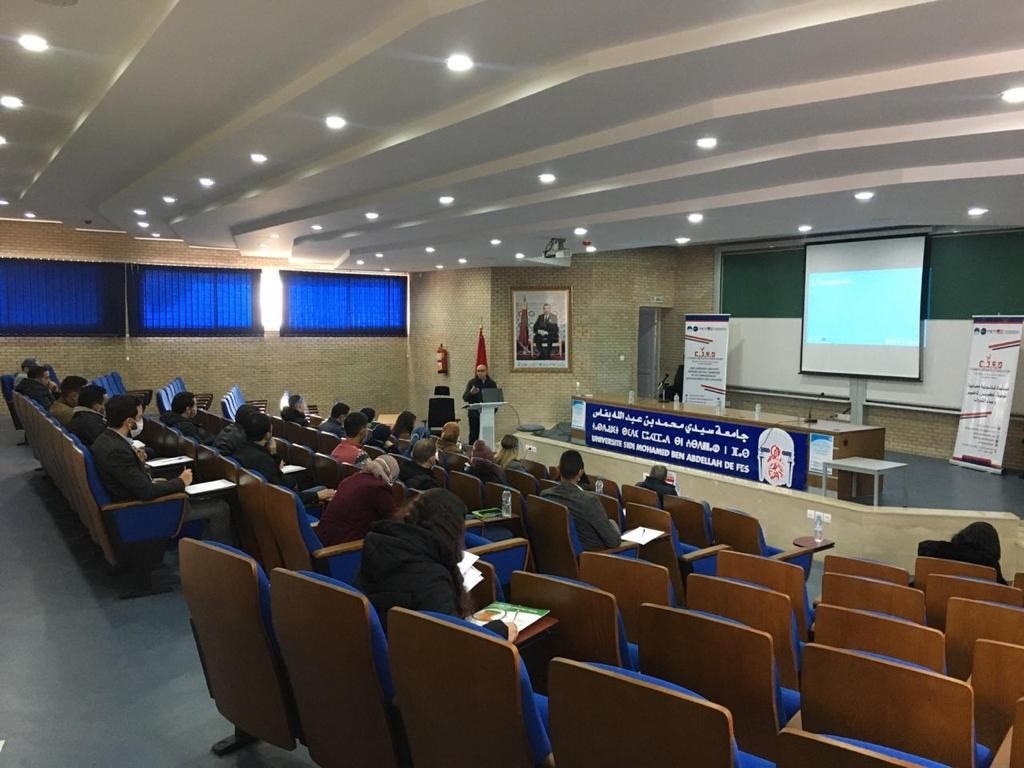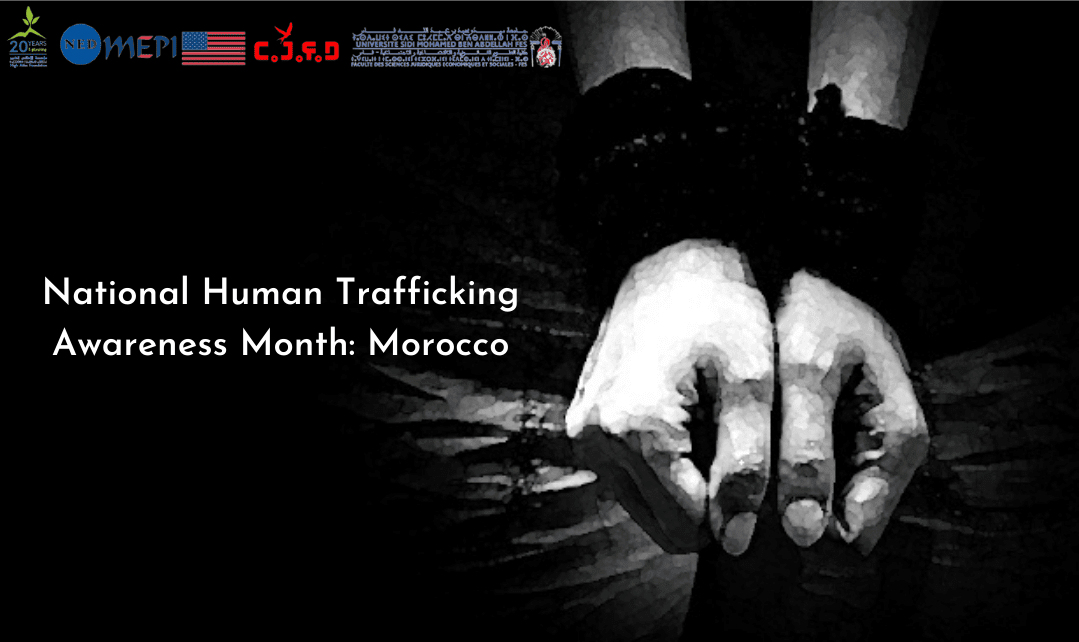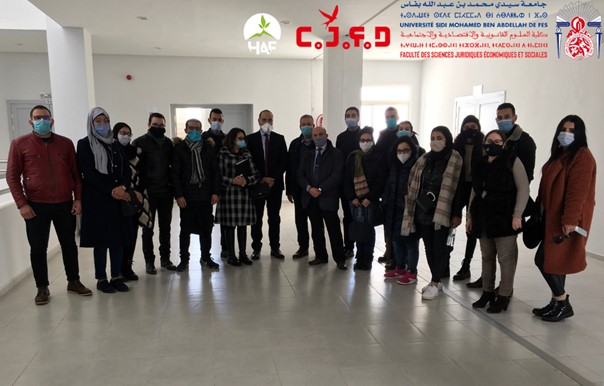On December 12, 2020, the Legal Aid Clinic (CJFD) housed in the Faculty of Social, Juridical, and Economic Legal Studies at University Sidi Mohamed Ben Adbellah (FSJES-USMBA) in Fes organized training focused on the theme of migrant access to bank financing in Morocco. This session was presented by Mr. Imade Hamdine in the presence of the second cohort of law students participating in a training program to become practitioners of legal aid.
The training session started with a word from Mr. Said Bakkouri, Director of the Fes Legal Aid Clinic, who presented the importance of this training in the context of legal aid, as well as the relationship between loans and the migrant receiving services through the legal aid program.
Mr. Imade Hamdine then presented the main points of the training, starting with a definition of the migrant in terms of the banking framework, which he defines as “a generic term not defined in international law, but in common usage it refers to any person who leaves his or her place of habitual residence to settle temporarily or permanently and for various reasons (except precarious ones), either in another region within the same country or in another country.”
Mr. Hamdine spent time as a manager of a bank agency in Morocco, where he acquired experience working with migrants in need of financing services. He explained the different kinds of loans that migrants might be interested in applying for depending on the reason and timing. Mr. Hamdine also explained the responsibilities that the bank has to its clients. For example, when the bank agrees on a loan, it is legally obliged to insure it. On the other hand, the client also assumes responsibility towards the bank — the client would be held responsible if payments are not made on time.
Understanding Migrant Bank Financing in Morocco
In order to establish the link between the loan and the migrant, the bank can grant a loan to a regular migrant but would consider a loan too risky to an irregular migrant, meaning someone who has not yet acquired proper documentation. This is why a priority of the legal aid clinic is to help migrants secure identification documents so that they are able to reach their full capacity of potential in Morocco. Not only are irregular migrants unable to find stable work because of a lack of papers, but they are denied access to other essential social services.
Faced with a growing number of irregular migrants, the Moroccan government regularized 24,000 migrants from sub-Saharan Africa, but it still remains a problem for a large number of migrants today. One of the goals of the clinic is to continue working with migrants to help them get the paperwork they need to be able to work and live safely.
These sessions were one of several trainings organized by the High Atlas Foundation that is designed to prepare students to become practitioners of pro bono legal aid to people in vulnerable situations in the Fes-Meknes region. Students have also received training on topics including but not limited to migration, asylum, and participatory communication.
Learn more about how you can support the efforts of the Legal Aid Clinic in Fes here.
The High Atlas Foundation is working in partnership with the Faculty of Economic and Social Legal Sciences at the University Sidi Mohamed Ben Abdellah (USMBA) in Fes to operate and grow a Law Clinic and Legal Aid program which actively engages students in experiential and service learning for the benefit of marginalized communities in the Fes-Meknes region. The project is funded by the National Endowment for Democracy (NED) and the U.S.-Middle East Partnership Initiative (MEPI).





